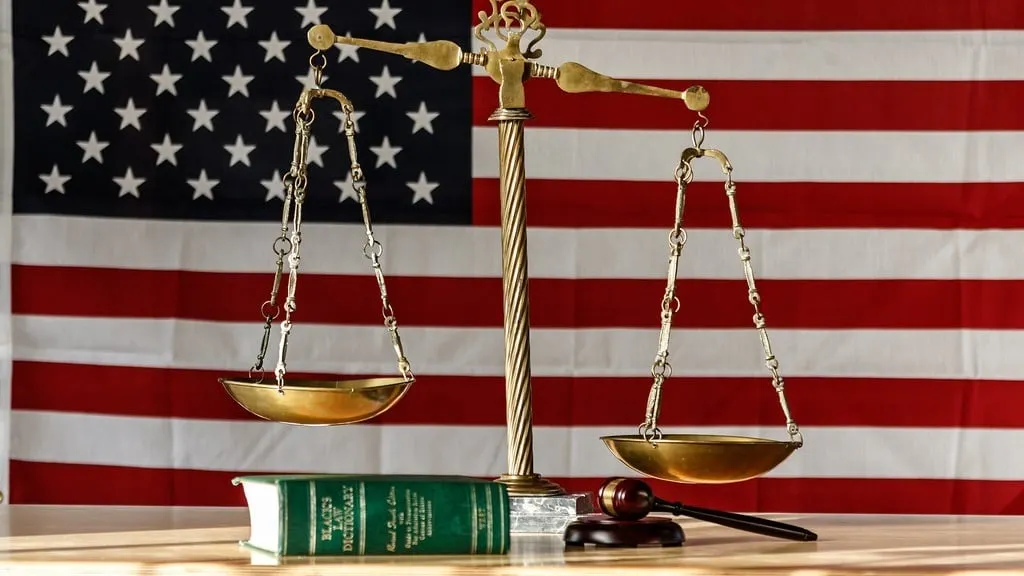In its latest offensive legal move against government regulators, the Blockchain Association, a prominent crypto industry lobbying group, sued the U.S. Securities and Exchange Commission (SEC) on Tuesday for expanding an existing legal definition of the word “dealer” to apply to decentralized finance (DeFi) users and projects.
“The Dealer Rule represents simply the latest example of the Commission’s attempts to thoughtlessly apply rules geared toward traditional financial markets to the digital assets industry, despite its entirely different market structure built on innovative new technology,” argued the federal suit, which was filed in Texas.
The rule change, first announced in February, expanded the SEC’s definition of dealer to encompass DeFi protocols and transactions, thus requiring such projects to register as securities exchanges and brokers or face legal repercussions.
The SEC, however, has offered no guidance as to how DeFi projects—which are automated and execute transactions without human oversight—could possibly comply with rules designed for traditional stock exchanges. Further, the rule would appear to view some DeFi traders as legally equivalent to professional stock brokers.
Crypto groups decried the rulemaking as “a troubling overreach.” SEC Commissioner Hester Peirce, a noted crypto industry ally, condemned it as harmful to both market participants and the broader market.
The Blockchain Association, which joined the Crypto Freedom Alliance of Texas in filing Tuesday’s lawsuit, is now seeking a declaratory judgment from a federal court that the SEC has, by expanding its definition of dealer, violated the Administrative Procedures Act (APA).
1/ Today, @BlockchainAssn and the Crypto Freedom Alliance of Texas sued the SEC over the recently finalized Dealer Rule. The rule is arbitrary and capricious, and presents significant risk for digital asset market participants in the U.S.https://t.co/JnWZcKVXzO https://t.co/m58WXGI1VP pic.twitter.com/EQ0nSyHP5e
— Marisa Tashman Coppel (@MTCoppel) April 23, 2024
Laura Sanders, Policy Counsel at the Blockchain Association, told Decrypt that the lawsuit reflects a change in strategy when it comes to how crypto companies deal with hostile government entities.
“The industry is certainly going on the offensive,” Sanders said. “While we take every opportunity to engage with regulators, that engagement has not been reciprocated by the SEC.”
Today’s suit argues that the SEC has run afoul of the APA both by overreaching in its regulation of the crypto industry, and by failing to consider complaints and comments from crypto groups in its process of creating the new rule.
“Despite briefly acknowledging the negative impact the rule will have on digital asset markets, the SEC made no attempt to address or mitigate it,” Marisa Tashman Coppel, the Blockchain Association’s Head of Legal, wrote Tuesday. “[This violates] its obligation under the APA to consider any new rule’s effect on efficiency, competition, and capital markets.”
“By its own admission, the SEC did not even attempt to evaluate the additional costs that would be imposed on digital asset markets by the rule,” she continued. “Instead, the Commission is content keeping the wool over its eyes.”
Today’s suit is only the latest in a recent trend of legal actions preemptively targeting the SEC, as opposed to waiting for ever more incoming lawsuits from the federal agency.
Last month, the DeFi Education Fund (DEF) sued the SEC to proactively assert that free airdrops are not securities violations, attempting to prevent the agency from making such claims in the future.
In February, a group of prominent crypto companies—including American exchange Coinbase and venture capital giant Andreessen Horowitz—sued the regulator, claiming it does not have jurisdiction over much of the crypto industry, in the first crypto-related proactive legal action of its kind.
Both federal suits were also filed in Texas, which is considered one of the more crypto-friendly states in the country.
Edited by Andrew Hayward

